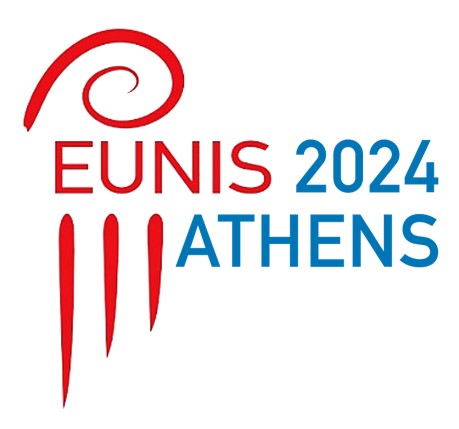This session consists of two presentations.
Featured Speakers
Sebastian Schellhorn, University of Potsdam, Germany:
AI-Based Tool for Curriculum-Based Course Timetabling at the University of Potsdam #44
Education is a fundamental component of universities and is linked with the non-trivial possibly time-consuming task of creating suitable timetables for teaching. The corresponding problem is known as Curriculum-Based Course Timetabling, which takes into account various constraints while seeking a con ict-free timetable. We addressed this problem by following a knowledge representation and reasoning approach, describing constraints and feasible assignments of courses to time slots. Possible assignments are gathered through a prototypical web interface, and the corresponding constraints are respected by automatically fnding a timetable using an AI. We discuss the resolved redundancies, time saved and potential future benefts when comparing the traditional and new approach regarding the needs of teachers, students and administration at the University of Potsdam.
Download the presentation
Patrik Maltusch, Aalto University, Espoo, Finland:
Artificial Intelligence Enhanced Course Content Labelling: Conceptual Model and Testing with University Teachers #61
This study investigates the efficacy of an artificial intelligence (AI) -aided tool, Annif, in generating course-specific keywords for university courses. The rising number of university courses necessitates an effective method to help students navigate and select courses according to their interests and compatibility with the job market. However, the manual keyword approach, though accurate, can be laborious and time-consuming. AI can automate this process, but the results should be validated by teachers to ensure accuracy. This study explores the potential of AI in this context, focusing on two questions: whether AI-generated keywords can link courses together and teachers’ reactions to the use of AI in keyword generation. The results show that the AI tool can provide accurate keywords for about 64% of the courses. While teachers found this approach useful, the study highlights the need for teacher validation to ensure the accuracy and appropriateness of the AI-generated data. Therefore, while AI can significantly contribute to the process of keyword generation, human intervention is still indispensable to maintain its quality in the academic context.
Download the presentation


